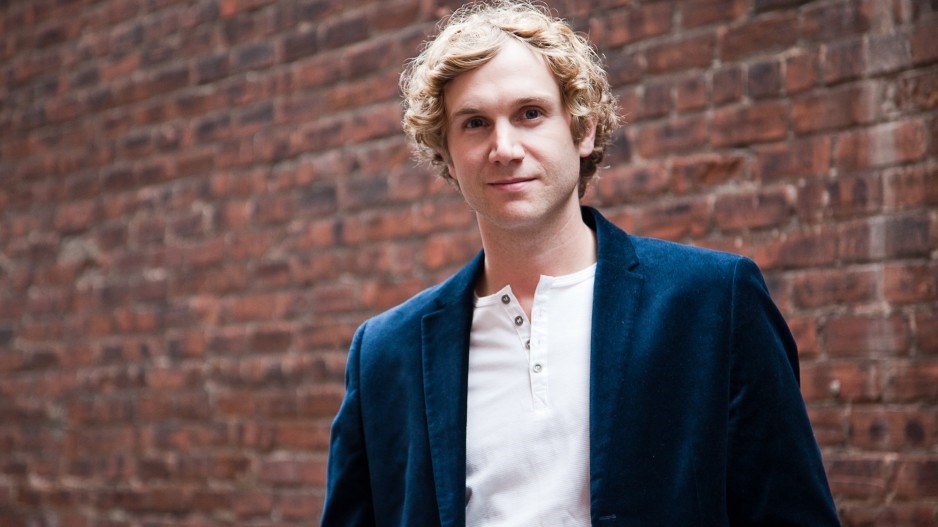Business in Vancouver's “How I Did It” feature asks business leaders to explain in their own words how they achieved a business goal in the face of significant entrepreneurial challenges. In this week's issue, Zac Killam, a 31-year-old lawyer-turned-entrepreneur, describes his biggest challenge – negotiating deals with more than a dozen Canadian cab companies – to get Play Taxi Media advertising touch screens in taxis across Canada.
“Some of us had heard about [in-cab advertising tablets] being done overseas. We thought, 'That is an exceptional platform for advertisers to reach people.' What is great about the taxi is that you have someone captive for 15 minutes, on average.
“We began doing research on the companies that were doing it around the world, and started developing our own plan on how to go about doing in it North America. At that point I left law, and one of my partners, Steve Lowry [the company's CFO], was working for a software company and left that company as well to join. We bootstrapped for the first year to launch a small number of screens and prove the product in the market by selling to some advertisers.
“At first, we partnered with a company out of Australia, and that technology partner was unable to provide the stability that we needed. One of the biggest challenges was the technology hurdle – finding something reliable. When you put something in a taxi, it's a very harsh environment. That device is being turned on and off maybe a hundred times per day. If you took any consumer grade appliance, that tablet is going to be toast in a week. We travelled around Asia, and ultimately landed with Touchmedia, based in Shanghai.
“We were at the point where we realized we needed to grow much bigger, much quicker, so we struck a deal with a private equity firm in town. That money has allowed us to go from about 100 screens just in Vancouver to 1,500 in Vancouver, Calgary and Toronto.
“Another hurdle that we had early on was we were only in Vancouver. And the problem with that is about 80% of advertising budgets are allocated to national buys. If you don't have a national network, you aren't even eligible for consideration in 80% of the purchases.
“What we were hearing from every single advertiser was, 'This is great, we like it, we've had really great results, but you have to go national or we're not going to consider you.'
“We met with every taxi company in the various cities trying to strike deals. Many of the drivers are also owners, so you aren't dealing with a CEO, you're dealing with a board that represents a much wider base of shareholders, and really you have to convince all the shareholders that the deal is worthwhile for them before you get in.
“It is an unbelievable amount of negotiations and partnerships to make this business fly, and having the legal background was imperative because of the sheer volumes of the contracts [with advertisers, taxi companies, airports, hardware suppliers and telecoms]. The cost to hire a lawyer to do that would have been crippling. Fortunately, my partner, Steve, was also a lawyer previously. We've managed to acquire more than half the taxis in all three cities.
“We've been approached by companies that wanted us to get involved with transit screens in trains, all manner of locations. We said no to that. We have to focus on our core business first.” •




